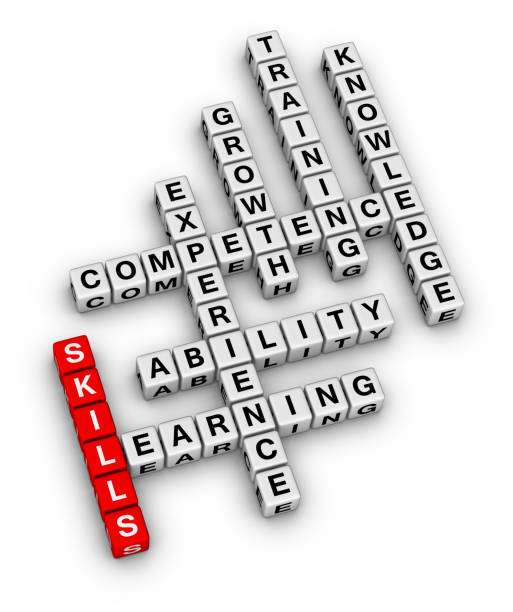Communication skills

August 01, 2023
Communication skills
Verbal Communication:
The use of spoken words to express thoughts and ideas This includes clarity of speech, tone, and articulation.
Non-Verbal communication:
includes body language, facial expressions, gestures, and eye contact, which often convey emotions and attitudes.
Listening Skills:
Active listening involves giving full attention to the speaker, understanding their message, and providing appropriate responses.
Written Communication:
The ability to express ideas clearly and concisely through writing, including emails, reports, and other documents
Meaning of empathy:
Understanding and acknowledging the feelings and perspectives of others, fostering a supportive and compassionate environment.
Adaptability:
Being able to adjust communication style and approach based on the needs and preferences of the audience
Confidence:
Projecting confidence in one's communication enhances credibility and encourages engagement.
Feedback:
Being open to receiving feedback and providing constructive feedback to others promotes growth and improvement.
How to improve communication skills
Improving communication skills is a valuable endeavor that can positively impact both personal and professional lives. Here are some practical tips to help you enhance your communication skills:
Active Listening Skills:
Pay full attention to the speaker, maintain eye contact, and avoid interrupting. Show that you are engaged by nodding or using verbal cues, and ask relevant questions to demonstrate your interest.
Empathy skills:
Put yourself in the other person's shoes, try to understand their perspective, and acknowledge their feelings. Being empathetic fosters better understanding and connection.
Non-Verbal Communication:
Work on your body language, facial expressions, and gestures. A confident and open posture can enhance your message's impact.
Developing positive attitude in soft skills:
Focus on constructive and positive communication, even when discussing challenges or giving feedback. Avoid blame or negative language.
Seek Feedback:
Ask for feedback from trusted friends, colleagues, or mentors. Be open to constructive criticism and use it as a tool for improvement.
Effective speaking skills:
Join a public speaking club or practice speaking in front of a mirror or small group. This can help you build confidence and polish your presentation skills.
Vocabulary:
Read books, articles, or podcasts to broaden your vocabulary and improve your language fluency.
Communicators:
Observe how skilled communicators handle different situations and incorporate some of their techniques into your own style.
Read and Write:
Reading books, articles, and writing regularly can help you improve your vocabulary, grammar, and writing skills, which, in turn, will enhance your overall communication.
Take Communication Workshops or Courses: Consider enrolling in workshops or courses that focus on specific aspects of communication, such as public speaking, negotiation, or conflict resolution.
How to improve English communication skills
How become fluent in English:
Encircle yourself with the English language as much as could be expected. Watch English motion pictures, Network programs, pay attention to English web recordings, and listen to English music. You can also learn about various writing styles and vocabulary by reading English books, articles, and news.
English speaking practice script:
Find opportunities to frequently speak English. Language meetups, conversations with native speakers or fellow learners, and language exchange groups are all options.
How to video record yourself presenting a Powerpoint:
When you record yourself speaking English, you can see where you can improve, like your pronunciation, intonation, and grammar.
Language skill:
There are a few language learning applications accessible that offer intelligent examples and activities to work on your jargon, punctuation, and talking abilities.
Skill courses in India:
Take an in-person or online English language course. Guidance and feedback can be extremely helpful in a well-structured course taught by an experienced instructor.
Word Count:
Learn new words consistently and attempt to include them in sentences. Use cheat sheets or jargon applications to build up your memory.
Attentive:
Concentrate on comprehending the meaning and context when listening to English speakers. Focus on new words and expressions.
Think in English:
Instead of translating from your native language, try to think in English. This will assist you in becoming more familiar and regular in your discourse.
Writing Skills:
Work on writing in English, like keeping a diary, composing papers, or partaking in web-based discussions.
Persistent meaning in English:
Time and effort are required to improve language abilities. Maintain your commitment to consistent practice and be patient with yourself.




